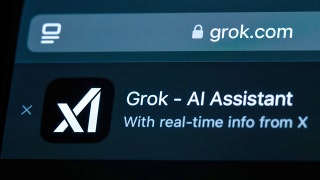
(Gwent Police)
Police in the United Kingdom have started taking advantage of virtual reality technology to train officers. Gwent Police, located in Wales, recently launched the new VR training system, becoming the first police force in the U.K. to do so.
The technology makes it possible to train officers to deal with situations that they may encounter on the streets, and to test how they react to various scenarios, which is difficult to ascertain under routine training conditions, but can potentially be replicated (or replicated as closely as possible) by using immersive VR.
The scenario used for training involves a 280-degree VR scene in which the officer moves an avatar around, interacts with other characters, uses handcuffs, carries out arrests, and enters properties in a branching narrative.
“[Virtual reality] provides the ability of a safe learning environment, which promotes open conversations about opportunities for options for action, investigation and safeguarding,” Superintendent Vicki Townsend told Digital Trends. “Often within policing, there is no right or wrong answer to how a situation is managed. It’s about understanding what you would do, the power and legislation you utilize to take that action, and why you have done it. The scenarios provide the opportunity as a group to maximize this learning by focusing on the decision-making model, and allows the development of officers from peers with more or different experiences.”
More From Digital Trends
The use of virtual reality as a training technique is something that has already been explored by military medics, astronauts, surgeons, and a range of other professions where it’s important to get “hands-on” experience. VR enables them to test skills in a safe environment, where the chance of physical risk (to themselves or others) is lessened.
As VR technology matures further, more and more sectors and professions will likely adapt these tools to their own purposes and requirements.
“We are currently delivering the training as part of the force training days to frontline officers,” Townsend said. “Forty officers get an input [each] week. This started in January and is due to finish in May. This is is the first scenario that we built. We have planned to build 10 scenarios … We are also hoping to build multi-agency-based scenarios.”








































